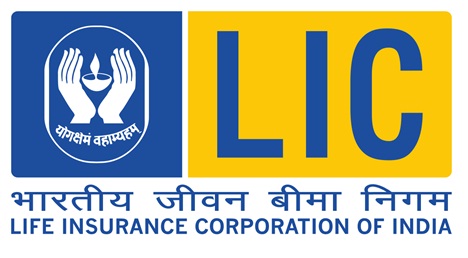Today LIC has issued a Notification regarding Modification of LIC's Jeevan Akhay - VI (Plan no.189) (UIN:512N234V05). Read Complete Notification here as-
LIFE INSURANCE CORPORATION OF INDIA
CENTRAL OFFICE
Jeevan Bima Marg.
Mumbai - 4000021
24th November, 2017
Ref: CO/PD/100
To
All HODs of Central Office
All Zonal Offices,
All Divisional Offices
All Branch Offices (Through D.O's)
MDC, ZTCs, STC, NIA and
Audit & Inspection Depts. of Zonal Offices
Re: Modification of LIC's Jeevan Akshay -VI (Plan No. 189)(UIN:512N234V05)
This is to inform that the current annuity rates applicable to individual annuities under LIC's Jeevan Akshay -VI (UIN:512N234V05) will not be available with effect from 01.12.2017
 The existing annuity rates would apply on all proposals with full premium received proposals registered and also completed as on 30.11.2017 or before. The annuity rates of LIC's Jeevan Akhshay-VI (UIN:512N234V05) will be revised with effect from 01.12.2017. The revised annuity rates would apply on all proposals registered and / or completed from 01.12.2017.
The existing annuity rates would apply on all proposals with full premium received proposals registered and also completed as on 30.11.2017 or before. The annuity rates of LIC's Jeevan Akhshay-VI (UIN:512N234V05) will be revised with effect from 01.12.2017. The revised annuity rates would apply on all proposals registered and / or completed from 01.12.2017.Therefore, all our offices are requested to ensure that all the proposals received under this plan LIC's Jeevan Akhshay-VI (UIN:512N234V05) on or before 30.11.2017 are completed as at 30.11.2017. For any incomplete proposal even if registered on or before 30.11.2017 but not completed on a date before or as at 30.11.2017, revised annuity rates would apply.
For the proposals completed before or as at 30.11.2017, in case of cheque dishonour and sbsequent receipt of money and completion of such cases after 30th November 2017, revised annuity rates would apply.
[Signature]
Executive Director (Marketing & Product Develpment)
FAQ
What is LIC's Jeevan Akhshay-VI (Plan No. 189) (UIN:512N234V05) ?
It is an immediate Annuity Plan. It is one time investment with Life Time Return Pension Plan applicable with next Month, Quarterly, Half Yearly or Yearly.
Can we Surrender Jeevan Akshay VI (Plan -189) ?
Yes! You can Surrender Jeevan Akshay -VI after one year and get back your money with OPTION-F
What are the Special Features of Jeevan Akshay VI (Plan -189) ?
 There are lots of special feature this plan has. Some of them are listed below :
There are lots of special feature this plan has. Some of them are listed below :1> It Does Not Effect Your Pension Amount inspite of regular changing in Bank's FD Rate
2> After Policy Holder All Money Will Be Returnable to Nominee.
3> Available Pension Option of Monthly, Quarterly, Half-yearly And Yearly
4> Pension Available From Just Next Month
5> Minimum Entry Age 30 Years, Maximum Entry Age 85 Years
6> Minimum Investment Limit - 1 Lakh, Maximum Investment Limit - No Limit
7> Direct Credit of Pension Into Your Bank Account.
8> After Death of Husband & Wife All Amount Returnable to Next Legal Successor (Option-J)
ACT NOW. NO TENSION ONLY PENSION














